A set of 30 tricky word sound button flashcards.
Use these sound button flashcards when introducing ‘tricky’ words to your students.
What are tricky words?
A tricky word can be defined as a word that a student cannot decode using their current phonetic knowledge. Often, the tricky words encountered by young readers do not follow the normal grapheme-phoneme correspondences that the students have been exposed to. For example, the ‘e’ in the word ‘be’ makes an ‘ee’ sound. This is what makes ‘be’ a tricky word!
How to explore tricky words with early readers
When teaching tricky words to early readers, it is important to emphasise that not all parts of the word are tricky. Some parts of the word do follow the rules! It is knowing the tricky part/s, and how to decode it/them, that is the key to success!
Take the word ‘said ’ as an example. Using their phonetic knowledge, students can sound out the first sound (‘s’) and the last sound (‘d’). It is the middle sound (‘e’), made by the letters ‘ai’, that is not easily decodable. This is the tricky part of the word that needs to be explicitly taught by teachers and learnt by students.
On the sound button flashcards, the tricky part/s of the words is coloured red. There is also a red star underneath to indicate the tricky part/s of the word. For this reason, it is recommended that this resource be printed in colour.
Slow and steady wins the race!
Remember, tricky words need to be explicitly taught. Don’t overwhelm your little learners by expecting them to learn too many of these challenging words at once! Focus on a few each week. Take time to examine the word, to explore which parts and tricky, and why.
Multiple file options to suit your needs
This resource is available to download in Microsoft Word so you can add your own words to suit your students’ levels. The dots, dashes and stars are individual images that can be copied and pasted to the required position underneath any words added.
The resource is also available to download in Microsoft PowerPoint. An editable slide has been included at the end of the presentation so you can add additional words. The dots, dashes and stars are individual images that can be copied and pasted to the required position underneath any words added.
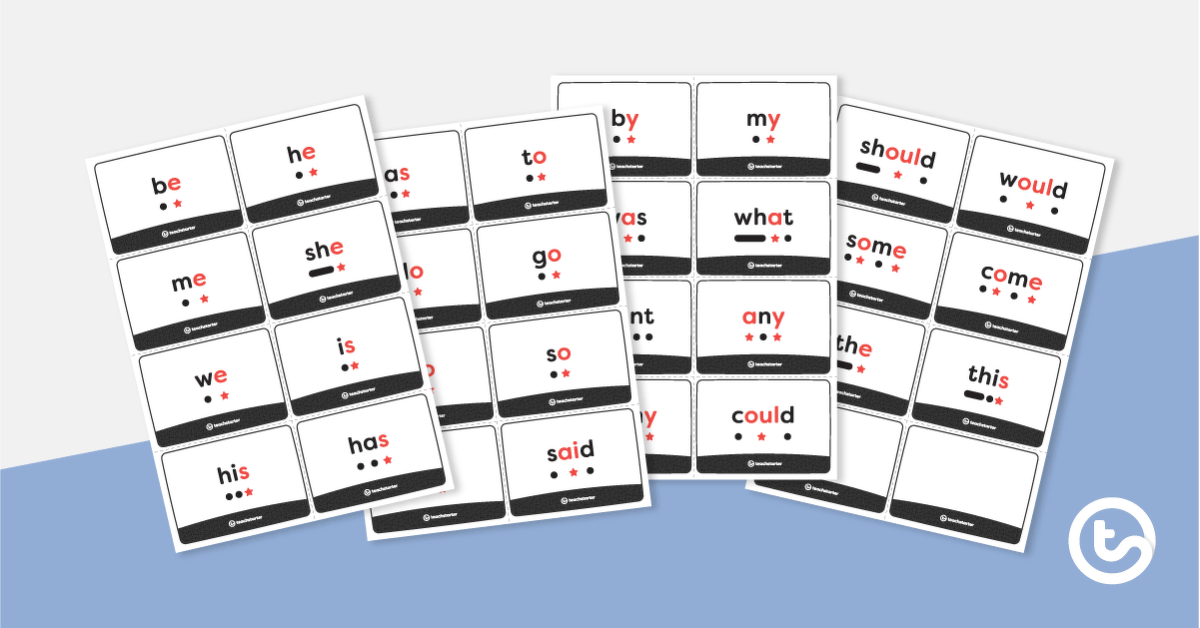

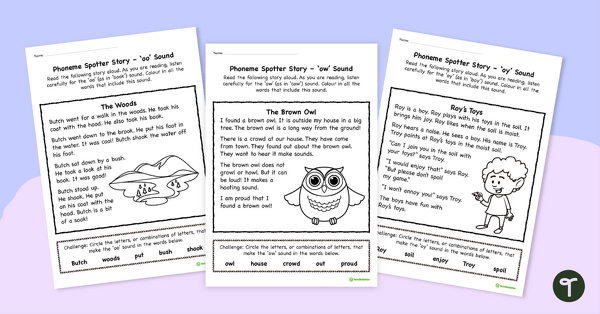
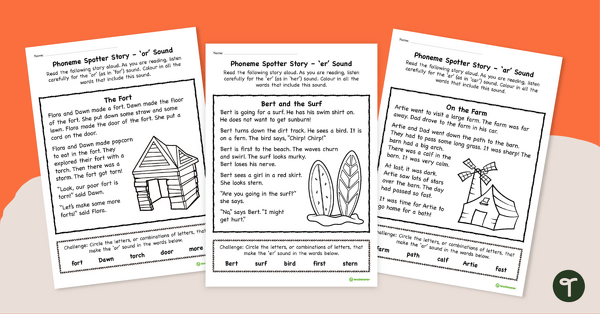
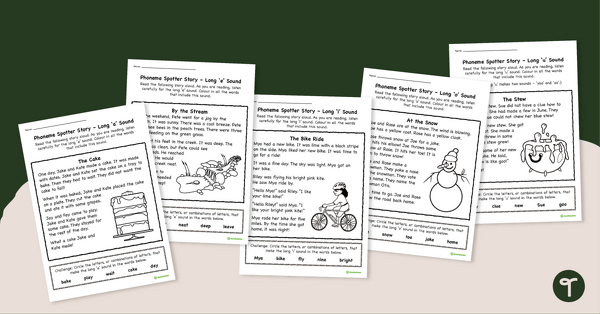
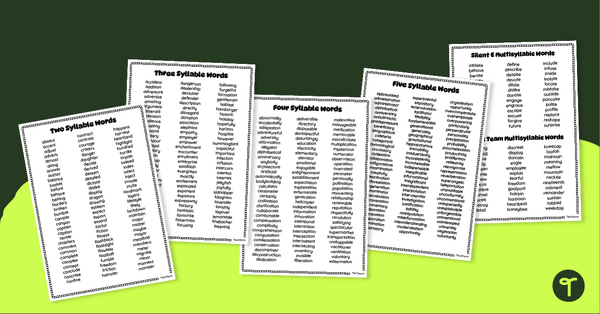
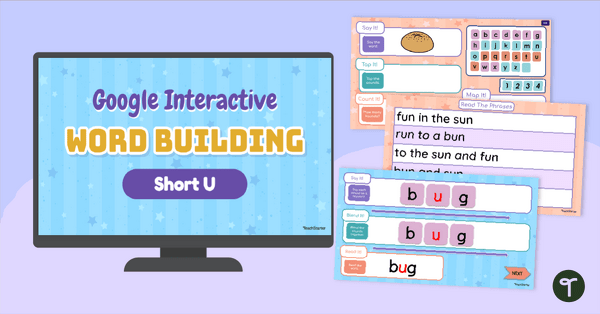
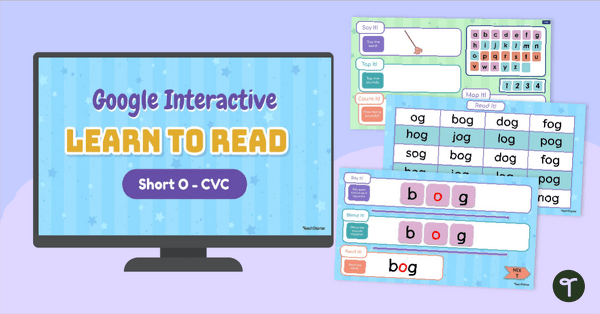
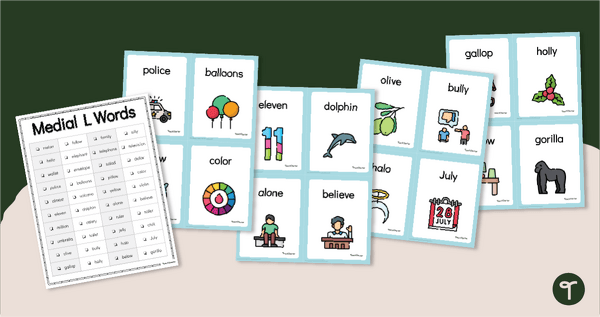
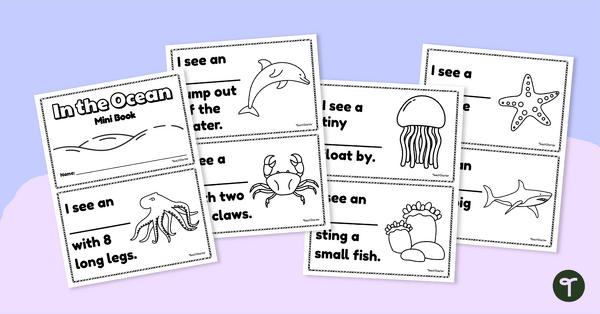
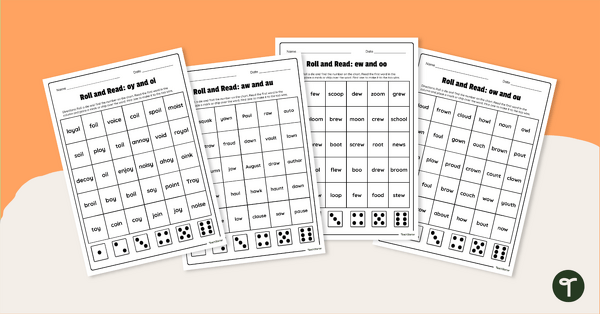
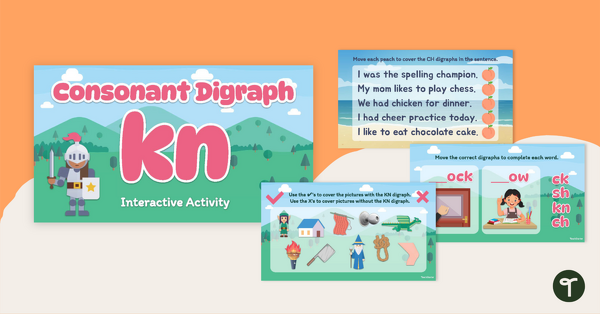
0 Comments
Write a review to help other teachers and parents like yourself. If you'd like to request a change to this resource, or report an error, select the corresponding tab above.